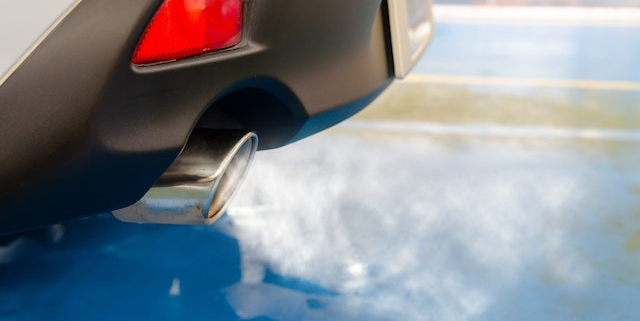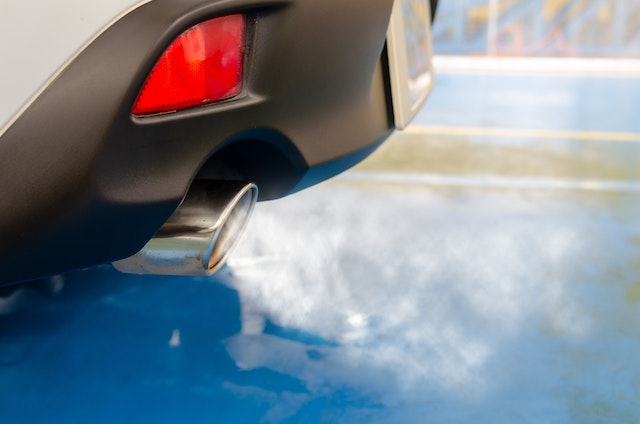The Causes (And Signs) Of An Overheating Car
An overheating car is something that no driver wants to have to deal with for so long. Not only is it going to get in the way of any journey on the road, but it can be legitimately dangerous. The higher the temperature under the hood, the greater the chance that a fire might break out. However, if you’re not a technician, it can be hard to identify what, exactly, the problem is. Here, we’re going to take a closer look at some of the causes of an overheating car and what you can do to fix or prevent them, as well as the symptoms that overheating issues might be affecting your vehicle.
Signs that your vehicle is overheating
First of all, know how to recognise when your car is overheating. While the hood of your car can feel hot when the engine is switched on, it shouldn’t be so hot that it burns your hand after just a couple of seconds of touching it or less. If there’s smoke or steam rising from the hood, that’s another clear sign of engine overheating, as is a hot smell coming from the engine, even while driving. If you hear thumping noises alongside these symptoms, then it’s a good indicator of coolant trapped somewhere in a malfunctioning cooling system.
The cooling system is failing
A faulty cooling system is most often the cause of issues with overheating. As the name implies, this system pulls heat away from the engine, exhausting it to the outside. Leaks in your cooling system can prevent it from doing this, as the coolant that circulates through it is what is used to take and transmit the heat away from the engine. Sometimes, cooling systems can simply get much less efficient over time, as well, and replacing them with a newer cooling system can really improve the performance of your car.
Issues with your radiator
More specifically, the radiator is perhaps the most important part of the cooling system. Aside from coolant leaks and other losses of efficiency, if there are any issues affecting your radiator, whether it’s a faulty part, debris building up within it, or otherwise, then it’s worth taking the time to visit a radiator repair specialist. It’s always worth taking a look at the radiator every now and then to identify any symptoms like rough shifting or grinding, sludgy coolant from the radiator, or visible corrosion. Any of these are indicators of a bad radiator.
A bad thermostat
The thermostat is the component that is responsible for helping to regulate engine temperature. It dictates whether or not the coolant flows into the radiator. If the engine is cold, the thermostat stays closed, if it heats up, it opens up. Needless to say, if your thermostat is faulty and, for instance, doesn’t open up to allow the transfer of coolant when the engine starts to heat up, then that heat can get trapped with the engine, which can lead to overheating issues. As such, fixing a faulty thermostat can be key.
Belt and hose problems
Your engine has a series of belts and hoses that are essential to many of the functions of your engine, including its connections to the cooling, charging, and air conditioning functions. These belts work by transferring power from the engine to these various other systems, all of which cannot work if they’re not able to derive their power from the system. The hoses, on the other hand, are what transfer the coolant from the engine to the cooling system, and so on. Any minor issue with these belts and hoses can become a serious malfunction, so it’s important to inspect them for issues now and then.
Low engine oil
Your cooling system can be working just fine, but if your engine is generating too much heat for it to be able to handle, this is going to result in overheating, regardless. The most common way this happens is through low engine oil levels. Your engine oil reduces the friction caused by the various moving parts of the engine. Without this lubrication, the friction can cause a lot of heat. Ensuring that you change your oil as often as your chosen brand recommends and checking out for oil leaks can make sure you can avoid this.
Regardless of the cause of your vehicle’s overheating, it’s definitely a problem that you want to get checked out as soon as possible. That excessive heat can do a lot more potential damage to other parts of the car if you don’t get it under control.




Leave a Reply
Want to join the discussion?Feel free to contribute!